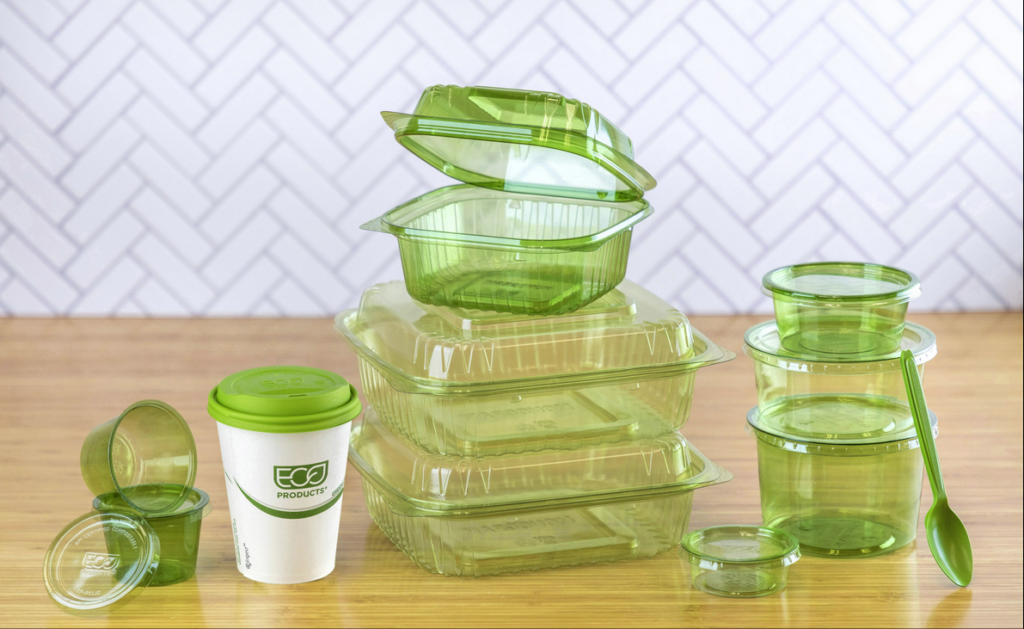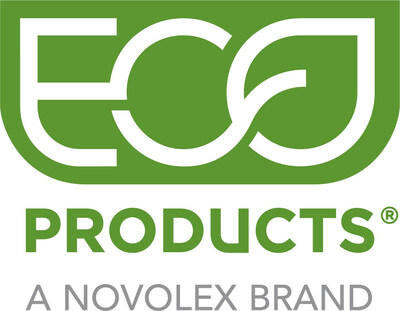
Eco-Products® today announced an innovative new product line designed to make it easier for consumers, composters, and the entire foodservice value chain to differentiate between compostable and non-compostable products.
All cups, lids, containers and cutlery in the new Veridian™ line include the word “Compostable,” display the BPI Certification Mark signifying that the material is compostable, and feature green or brown identification elements like tinting and striping that further help distinguish them from their non-compostable counterparts.
“Consistent on-item labeling is essential to giving foodservice operators, their customers and composters the ability to quickly and easily identify products as compostable,” said Wendell Simonson, Director of Marketing at Eco-Products. “That’s what Veridian is all about.”
Contamination from non-compostable products continues to be the biggest challenge facing composters accepting compostable products, and it is significantly impacting the growth of composting infrastructure designed to process food scraps and packaging together. The result is more food sent to landfills, which is a well-established driver of climate change.
The Veridian line contains over 50 items across a wide range of categories including cold cups and lids, hot cups and lids, clamshells, deli containers, portion cups, salad bowls and cutlery. All of the items are designed to meet new labeling rules in Washington state and Colorado that require the use of the word “Compostable,” a third-party certification mark, and the combination of color and design elements that vary by state.
The laws were created to address contamination challenges and make compostable foodservice products more readily and easily identifiable. Last fall, Eco-Products launched the “CIRC” Program — Controls Intended to Remove Contamination — an open source, systems approach to contamination mitigation for the foodservice industry.
“Composters have an extremely limited ability to deal with contamination once it gets to their facilities,” Simonson said. “That means we need to do everything possible to keep non-compostable products out of organics streams, and consistent on-item labeling is a foundational piece of that effort.”

About Eco-Products, PBC
Eco-Products®, a Novolex® brand and certified B Corp, is a leading provider of foodservice packaging made from renewable and recycled resources. Eco-Products offers packaging with real environmental benefits, works with customers to improve composting and recycling, and collaborates with the broader industry to shift how businesses and consumers think about and manage waste. With the goal of Zero Waste as part of the company mission, Eco-Products is using business as a force for good.
Source
Eco-Products, press release, 2024-03-06.
Supplier
Share
Renewable Carbon News – Daily Newsletter
Subscribe to our daily email newsletter – the world's leading newsletter on renewable materials and chemicals












